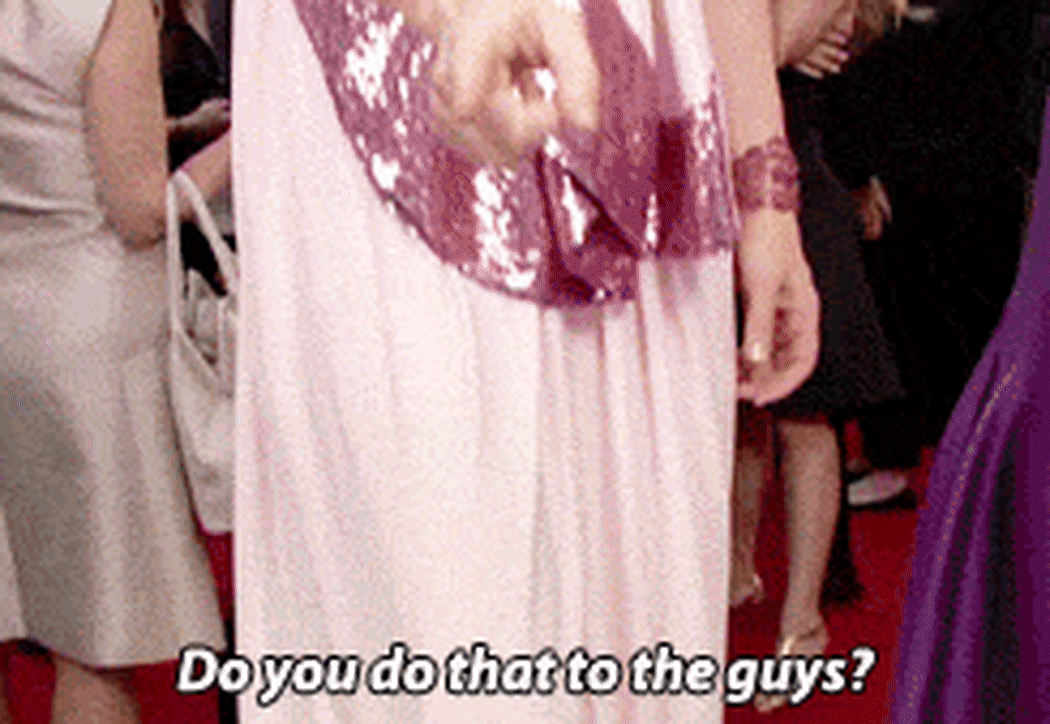From today onwards, whenever I talk about the All Blacks, I’ll refer to “underwear model Daniel Carter”; when I’m at a Blackcaps’ press conference, I’m going to ask why their pants are so shiny and tight; and next time I see Ben Sigmund I’m going to ask if his pecs are real or if they are implants.

Photo: Unknown
“But...” I hear you interject, “they’re athletes, not sex objects!”
Exactly. So if it’s not acceptable to talk about our male athletes this way, why is it OK to call female athletes “glamour girls”, “golden girls” and “glamour queens”? Why is it acceptable to ask what effect an athlete’s breast reduction has had on her private life? Why is it acceptable to ask what male she would date?
The answer, of course, is that it isn’t acceptable. These labels are not only derogatory, but they undermine the athletic abilities of these sportspeople.
Here are three blatant examples from the last few weeks, all from 3Sport. Here and here, the commentator uses the word “glamour” before Ivanovic and Bouchard’s names and athletic achievements are even mentioned. Here, Silver Fern Laura Langman is referred to as the team’s “golden girl”.
Last week, former tennis star Sam Smith interviewed Eugenie Bouchard after her victory on court at the Australia Open. They talked briefly about the game, and then Smith asked – prefaced by the apology, “I’m sorry they asked me to ask this” – what male “in the world of sport, of movies” would Bouchard most like to date. Both looked equally embarrassed by the question. (Video here.)
There are a number of arguments as to why questions like this pop up. Discussing the incident on TV3’s media panel, Bill Ralston suggested (about two minutes in) that sports stars such as Bouchard are being developed as celebrity personaltities – but are their athletic achievements not enough to help develop their brand?
Such questions are also reinforcing heterosexual femininity. Assuming, as it does, that Bouchard is interested in dating men, this question says, “We want you to be attainable to men for male gratification”. What would have happened if Bouchard had said she’d rather date someone like Billie Jean King, instead of Justin Bieber?
Commenting on the incident in the Guardian, Laura Bates wrote that female athletes deserve better:
Sport has a women problem. Or rather, not sport per se, (women are brilliant at it, not that you’d probably know, since it only receives 5 per cent of media coverage) but rather, we have a serious attitude problem towards women in sport.
Then a journalist asked Romanian tennis player Simona Halep if the breast reduction surgery she had four years ago to help her tennis had influenced her life outside of the sport. Where does a journalist think they’re going with a question like that? Maybe we should ask if they’ve had brain reduction surgery.
It’s not just me who’s worried about elite female athletes being perceived as sex objects. Unsurprisingly, elite female athletes are worried about it too.
New research out of the UK, carried out by BT Sport, has found that 67 per cent of elite female athletes surveyed believe the public and media value them more by their looks than their athletic achievements. Sixty-seven per cent.
Almost 80 per cent believe they must conform to a certain body type. Seventy-six per cent say this has made them alter their behaviour, with 87 per cent saying because of this pressure they have dieted. Ninety-seven per cent believe young women have a problem with body image. It just goes to show how for sportswomen, looks matter.
They’re shocking statistics, but what can we do about them? Well, the media need to stop infantilising female athletes by calling them “girls”, or using only their first names. (Check out this fantastic piece by Sarah J Jackson about media coverage of the 2012 Olympic Games.) We need to show that athletes come in all different shapes and sizes. We need to stop Photoshopping athletes, and we need better education and encouragement of positive body image.
But most of all, we need to start treating female sportspeople like the professor athletes they are. They are not glamour girls; they are women who are strong, agile and competitive.

